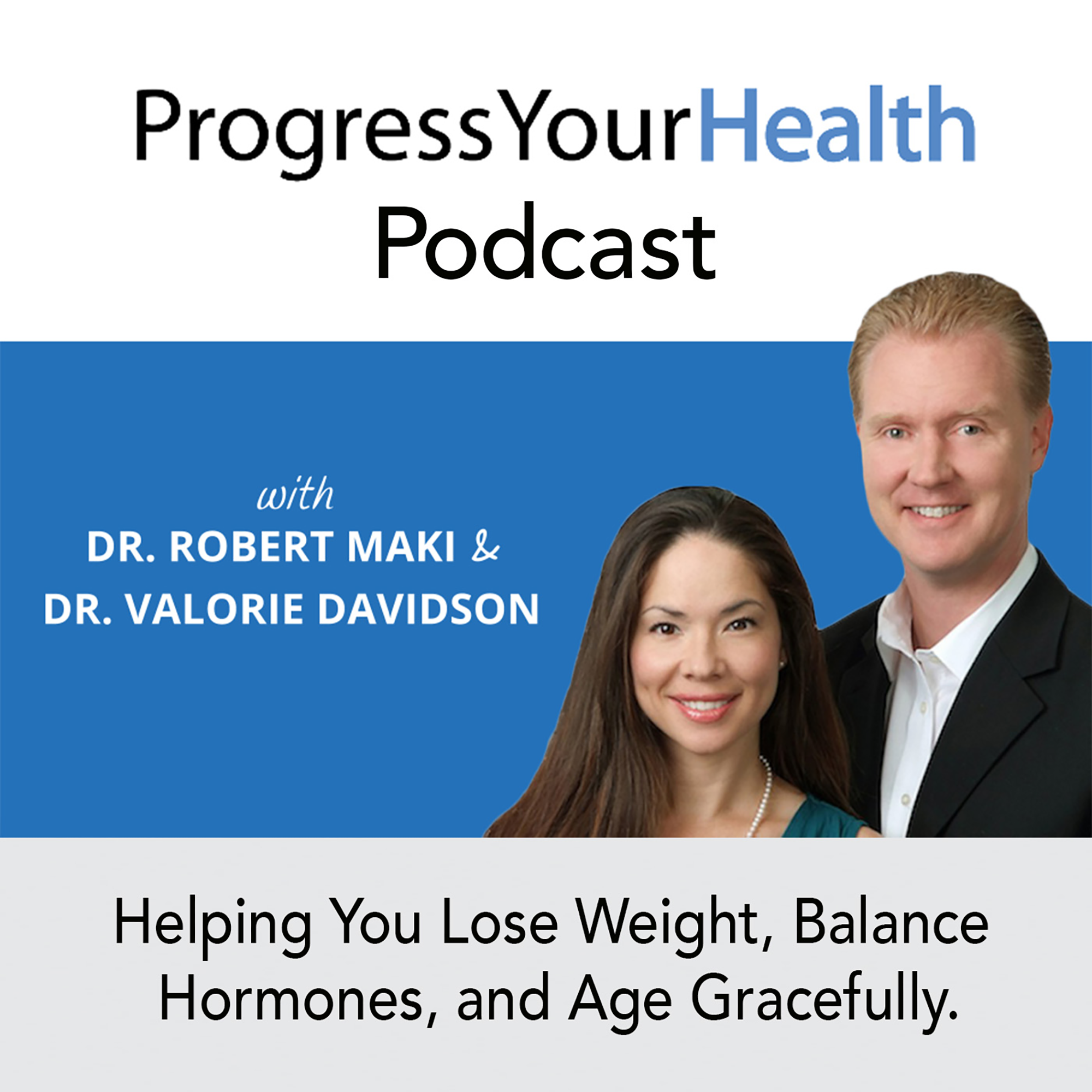What Type of PCOS Do I Have? Concealed | PYHP 065

In this episode, we are going to continue talking about the Types of PCOS that we have seen. As we have said, (repetitively) PCOS is not a one size fits all. There are some women that have most of the symptoms to just a few. We have three types that we have seen in treating patients since 2004. It is important to have this distinction when it comes to health goals and treatment plans. Doctors that routinely treat PCOS will tell you there are different types. They might have their types that they have seen. But in our experience, these are three types that we have seen most regularly.\nThe three types of PCOS\xa0\n\nClassic\nCommon\nConcealed\n\nConcealed: This type of PCOS is never picked up on. These are the women that have gone to many doctors looking for answers. This is because they have just a small few of the symptoms but not enough to point to PCOS. But they do have a hormone imbalance, and when you break it down, it is a type of PCOS. It seems to get worse when a Concealed Type hits perimenopause or late 30's to early 40\u2019s. The female hormones are changing, and the body cannot maintain.\xa0 \xa0\nThis is typically what you will see in the Concealed-Type:\n\nMay have a child, so it looks like there are no fertility issues\nReally irritable\u2013all the time, and way worse before their period\nYes, they have regular periods but the worst PMS\nAnxiety \u2013it seems that they have a lot of low-grade anxiety all the time.\nHair is thin\nSlender until they hit mid to late 30's to early 40\u2019s. This is when they gain weight, especially in the stomach. No matter what they do, they cannot lose weight. Even with severe caloric restriction and lots of crazy exercise, there is no real budge to the weight.\nCarbohydrate cravings especially for sugar\nAll these symptoms of the Concealed are blown off as genetics or lifestyle. I have had so many patients with Concealed PCOS say that their previous doctors did not believe that they had a healthy lifestyle.\n\nThis is what their blood work typically looks like:\n\nLH : FSH ratio : the LH is higher than the FSH just a little. There is no 2:1 ratio like you see in the Classic-Types.\xa0\nHigh normal testosterone or just over the edge of normal testosterone. Let me explain again those ridiculous reference ranges for testosterone blood labs. Most labs have the reference range for testosterone to be 2-45, which is a very wide range. Those with Concealed PCOS will have a testosterone at 35-55. The average levels of testosterone for women regardless of age or menstrual status is about 25, so the Concealed are higher than the average.\xa0\nLow progesterone\nHigh normal DHEA-sulfate\nLower thyroid function but not hypothyroid\xa0\n\nLow normal FreeT3\nNormal FreeT4\nNormal TSH\xa0\n\n\n\nIf you would like more information, visit our website: pro